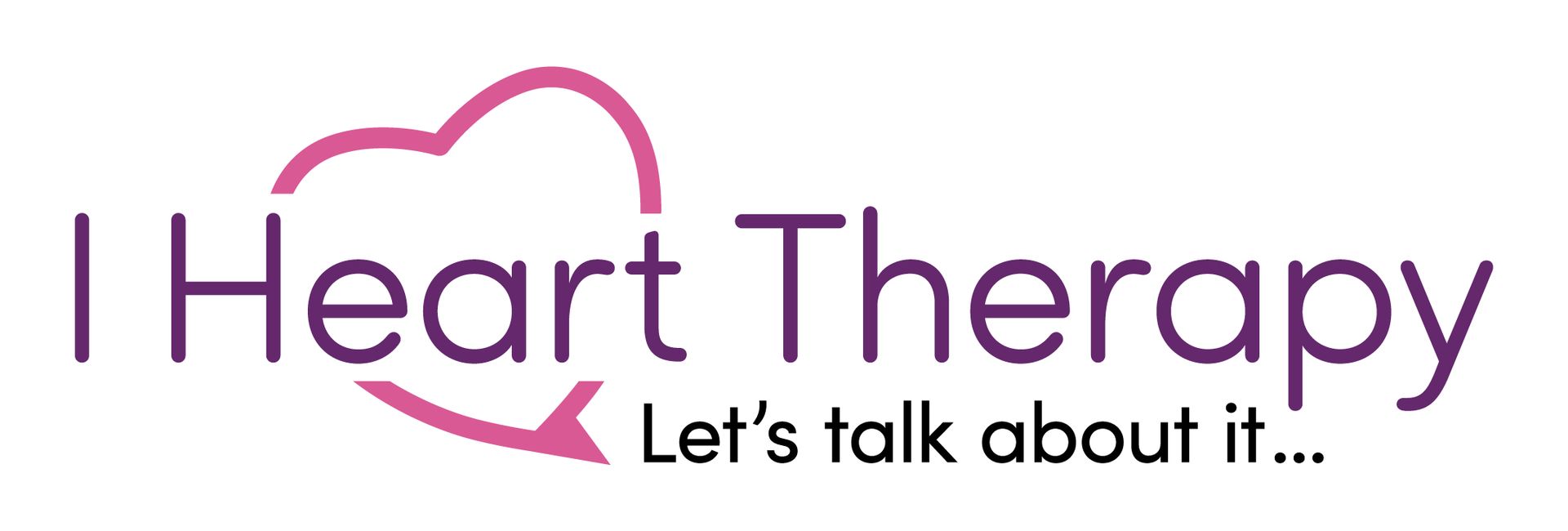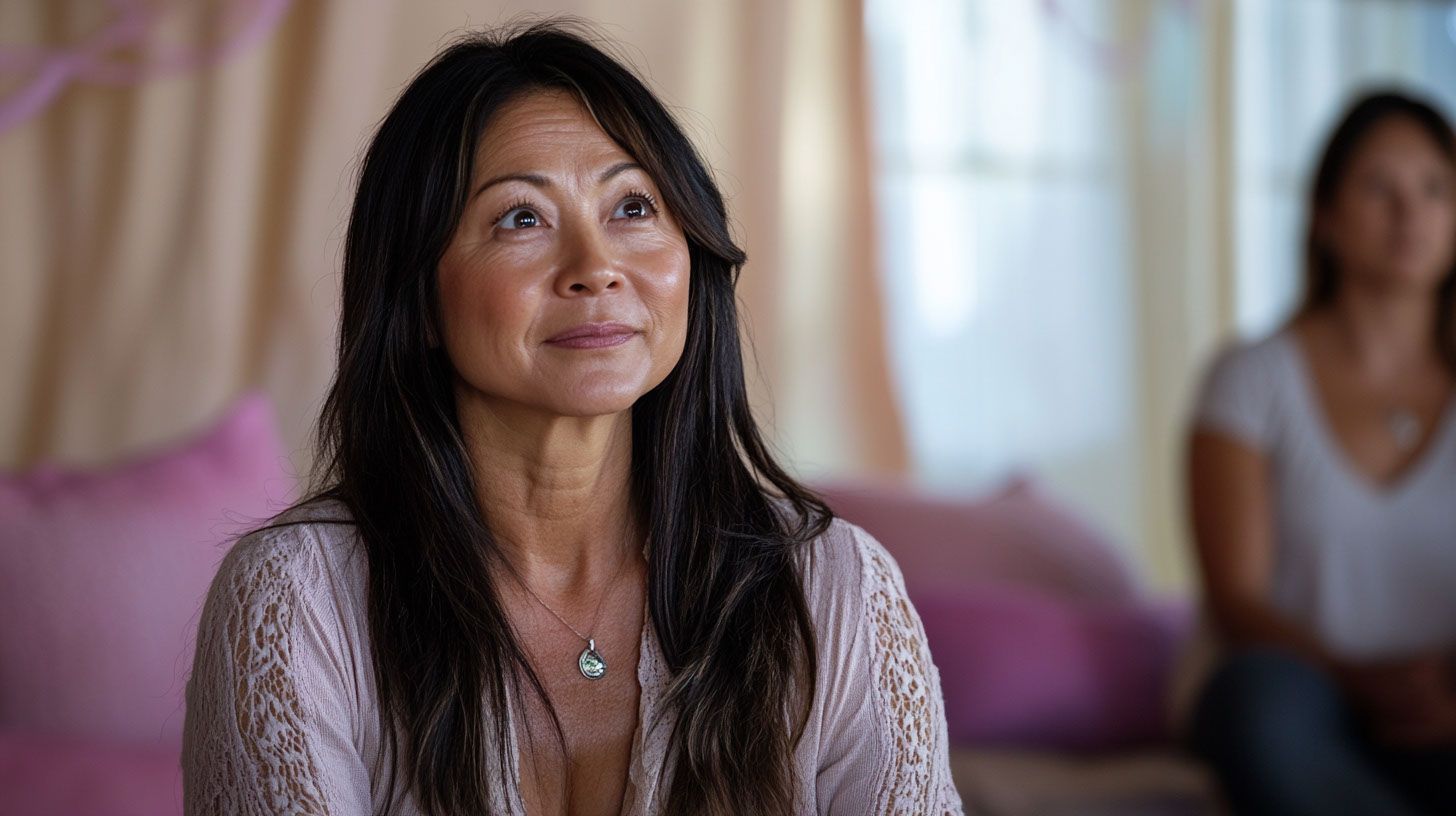Are Therapy and Counseling the Same Thing?
In mental health, "therapy," "counseling," and "coaching" are often used as if they mean the same thing. They are similar, but there are important differences between them.
Defining Therapy
Therapy, or psychotherapy, is about treating mental health problems. It is a longer process where therapists help clients find and understand deeper issues, behavior patterns, and emotional problems. Methods include cognitive-behavioral therapy (CBT) and psychoanalysis, each for different mental health needs.
Understanding Counseling
Counseling is usually shorter and focused on specific problems. Counselors help clients with life challenges like relationship issues, career choices, or stress. The aim is to give support and guidance to help clients develop ways to cope and make positive changes. Counseling is more structured and goal-oriented than therapy.

Key Differences
1. Depth and Duration
Therapy goes deep into a person’s mind and can last for years, dealing with complex mental health issues. Counseling usually focuses on immediate problems and is shorter. Coaching is goal-oriented and typically involves shorter, more focused sessions.
2. Approach and Techniques
Therapists use different methods depending on their specialty, like CBT, DBT, or psychodynamic therapy. Counselors use simpler approaches, giving practical advice and strategies for specific issues. Coaches focus on motivation, goal-setting, and personal development strategies.
3. Qualifications and Training
Both therapists and counselors need professional training and credentials. Therapists usually have more education and training, often with advanced degrees in psychology or psychiatry. Counselors may have training in areas like marriage and family therapy or school counseling. Coaches do not need formal credentials, and their training can vary widely.
When to Choose Therapy, Counseling, or Coaching
Choosing between therapy, counseling, and coaching depends on your concerns. For deep emotional issues, ongoing mental health conditions, or complex behavior problems, therapy may be better. For specific challenges or guidance in a certain area of life, counseling might be the right choice. Coaching is suitable for those looking to achieve specific personal or professional goals.
Final Thoughts
Therapy, counseling, and coaching are similar but have key differences. Knowing these can help you decide which is right for you. Both therapy and counseling support mental health in unique ways, while coaching focuses on personal development and goal achievement.
At I Heart Therapy, we offer therapy from licensed or provisionally licensed clinicians under the supervision of licensed therapists. Contact us today to find the best approach for you and start your journey to better mental health.

Affirmations to cultivate positive mental health
- I am taking a positive step towards better mental health.
- I deserve support and guidance in my life.
- My mental health is a priority.
- I am open to finding the right help for my needs.
- I have the strength to overcome my challenges.
How To Cultivate Hope



